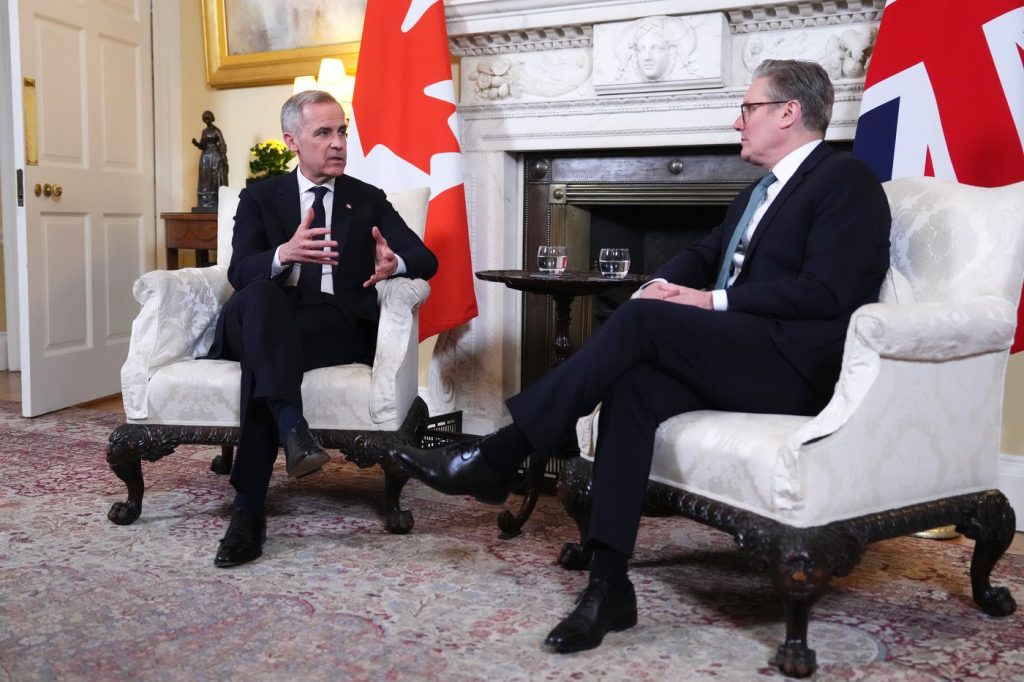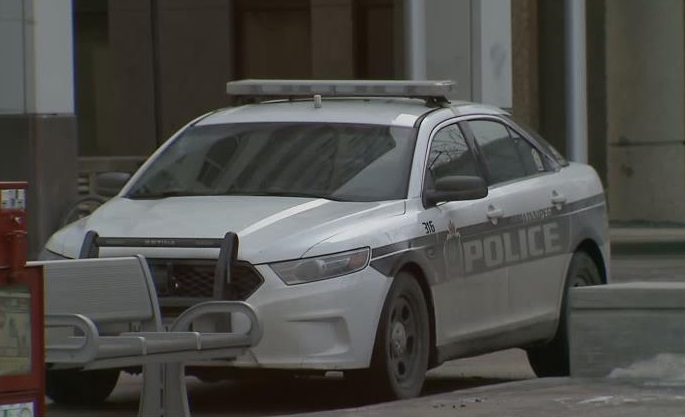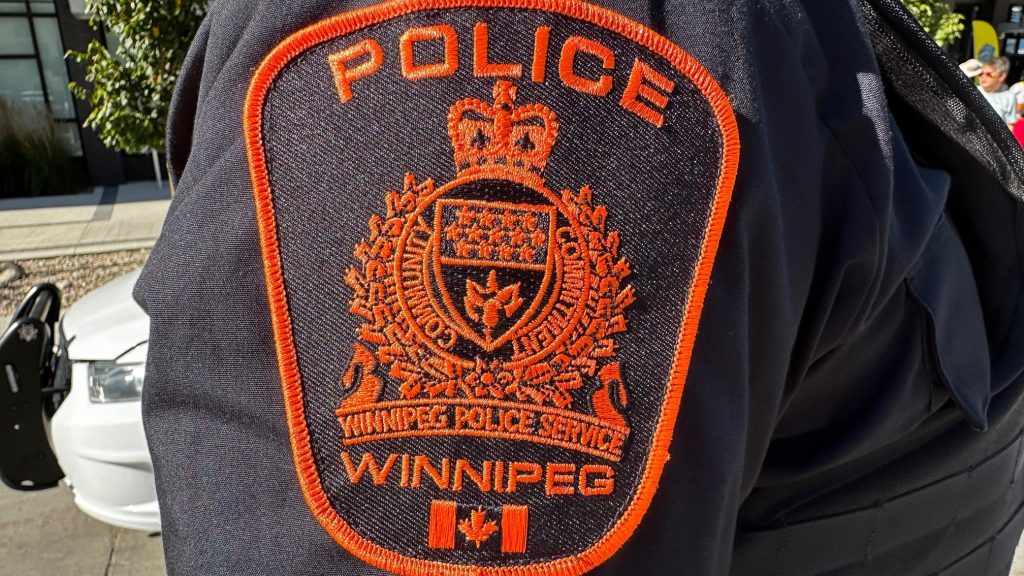Advocates calling for more details regarding Canadian Dental Care Plan

Posted November 6, 2023 5:10 pm.
Last Updated November 6, 2023 6:41 pm.
Some advocates are calling on the federal government to share more details about the Canadian Dental Care Plan.
The plan, which is expected to start this year, aims to provide up to 9 million uninsured Canadians who have a family income of less than $90,000 with dental care.
Families with incomes under $70,000 will not need to pay a co-pay under the plan.
President of the Manitoba Dental Association Dr. Scott Leckie says while the Canadian Dental Care Plan is a good step in providing necessary oral care to those who are unable to afford it, he says the ones responsible for the care have been kept in the dark.
“Dentists for decades have been providing some pro bono work for individuals within our population,” said the President of the Manitoba Dental Association Dr. Scott Leckie.
“The federal government hasn’t been forthcoming with any details of this program at all and they have not really negotiated that much with dentistry both nationally and provincially.”
When the 2023 budget was announced, it was revealed Canadians under 18, people with disabilities, and seniors would be able to be covered under the program this year with plans to cover the 9 million eligible Canadians by 2025.
Bill VanGorder with the Canadian Association of Retired Persons fears the lack of information from the federal government about the plan including what would be covered and how billing would work could potentially leave seniors in bad financial situations.
“I talked last week with government officials who still couldn’t tell me exactly what was going to be involved,” said Bill VanGorder, Chief Advocacy and Education Officer, Canadian Association of Retired Persons.
“It’s kind of to bad that $90,000 comes up because a lot of the people we are talking about have incomes in the $20, $25, $30 thousands of dollars a year, hardly up to the standards anyone would want. To ask them to pay in advance and then get the money back for some kind of tax credit or something is not fair.”
In statement to CityNews Health Canada says they have participated in extensive consultations including with oral health associations, provinces, and advocacy groups.
The agency did not provide a date as to when Canadians could expect the program to rollout but added that they are looking “forward to having more productive conversations.”
Laura Tamblyn Watts, President and CEO of CanAge says, “Many people will not realize that overwhelmingly the biggest dentist in the country is found in your local emergency room. We know how expensive and precious those ER hours are, we need to make sure that people don’t end up in the ER but are getting preventive health or even emergency dental health from people in their community.
VanGorder doesn’t believe the federal government would still be able to deliver the program before 2023 ends but is urging people to put pressure on the government.
“Call your local member of parliament and tell them that you’re not happy about how this is going,” said VanGorder.








